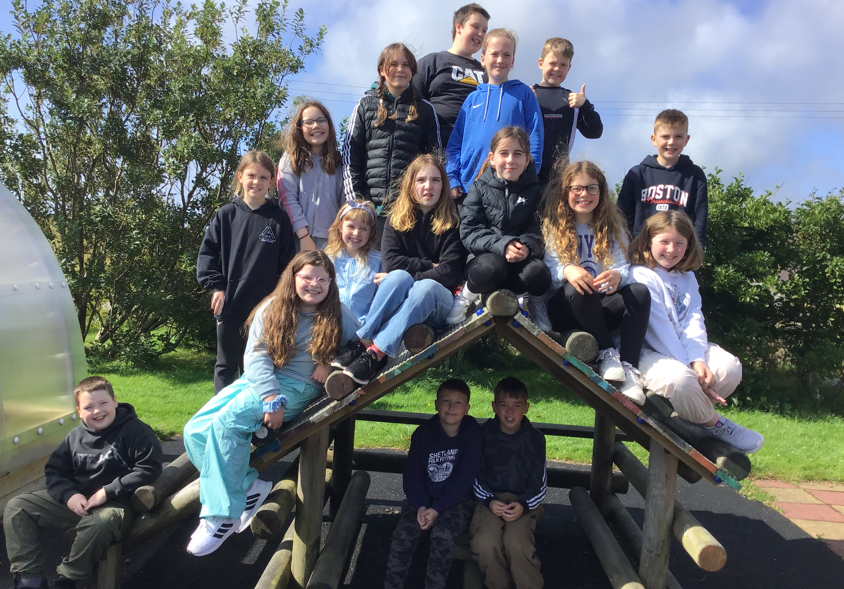Last Tuesday we had a visit from an Education Officer from The Scottish Parliament. We learned a lot and took part in a mock election and debate with our very own Presiding Officer – Lewis.
Here is what we learned from our visit (we split into groups and wrote about a different topic each):
There is a difference between parliament, the government and assemblies. The Scottish parliament controls Scotland and the UK parliament controls the whole of the UK. There are different assemblies across the UK as well but they have to ask the UK parliaments permission before they make decisions. However the government works in parliament and they make the decisions for the people.
Devolve means to give power to another assembly so they can make decisions by themselves. Scotland have a devolved parliament which means that they can make some decisions by themselves.
There is a difference between parliament, the government and assemblies. The Scottish parliament controls Scotland and the UK parliament controls the whole of the UK. There are different assemblies across the UK as well but they have to ask the UK parliaments permission before they make decisions. However the government works in parliament and they make the decisions for the people.
Fair voting. When you are voting in a debate there are gadget voting devices with three options: 1 for agreeing with the opening statement that yes you want to do whatever was proposed at the start of the debate. 2 is disagreeing with subject of argument and wanting back the old or letting in the new. 3 means directly abstain or I am not participating in this vote. But if the vote is a draw the decision goes to the presiding officer who always has to choose the option no, they do not have a choice. And the vote is officially closed. Then the presiding officer’s hammer strikes the table and it is over.
In the Scottish parliament then MSPs
debate on Tuesdays Wednesdays and Thursday and the debate about people’s opinions about law. The presiding officer calls them are up people to say their opinion about the subject they are discussing. At the end they vote for the thing that they have been talking about.













